
Is Your Blood Too “Thick”?
Ever had a blood test bounce you from donating at the last minute? Or maybe you’ve noticed a weird, heavy feeling in your body after a hot day or tough workout—like everything’s just…sluggish? You might not know it, but your hematocrit level (that’s how much of your blood is made up of red blood cells) could be part of the story.
Here’s the thing: when hematocrit gets too high, your blood’s thicker, moving slower. It’s not just about some numbers on a lab slip—it’s how much zip you feel in the morning, how clear your head feels after lunch, whether your workouts leave you glowing…or just wiped out.
And if you’re here, you probably want answers—not some boring lecture. Let’s skip the science-speak and get you the real deal on how to lower hematocrit overnight, naturally, with tips that feel doable (even if you’re half-asleep right now).
Hydration: The Overnight Game Changer
Could Drinking Water Be That Powerful?
Okay, pause for a second. Are you really hydrating? (Be honest…your morning pee should be almost clear, not sports-drink yellow.) Here’s why it matters: being even a little bit dehydrated concentrates your blood, jacking up that hematocrit number whether you know it or not.
You know those gym days when you forget your water bottle? Or that late-night salty snack fest? Both can push your blood toward “syrup” territory. But the flip side? A big glass (or two) of water before bed can start thinning things out by morning—a simple but sneaky fix according to research on hematocrit levels.
My own trick: I keep a goofy, oversized tumbler by the bed. Sometimes it’s water, sometimes herbal tea. Either way, if I down it before I drift off, I wake up feeling less “swollen,” more awake. Try it—your sleepy brain will thank you.
Simple Hydration Swaps Table
| Drink This | Instead of This | Why It Works |
|---|---|---|
| Water with lemon | Sports drinks | No added sugars, no hidden salt—just pure hydration |
| Herbal tea (no caffeine) | Diet soda/juices | Hydrates gently, avoids sugar spikes and caffeine’s diuretic effect |
| Cucumber-infused water | Alcoholic nightcap | Helps replace lost fluids, wakes up your taste buds |
By the way, if you’re on testosterone therapy, staying hydrated is even more crucial. It’s a core tip in the full guide on How to lower hematocrit on TRT. Your kidneys (and veins) will be happy you did.
Alcohol and Caffeine: Are They Setting You Back?
Could Skipping That Nightcap Make a Difference?
Let me level with you: I used to think, “One little glass won’t hurt.” But here’s the ugly truth—both alcohol and caffeine are like the evil twins of dehydration. They make you pee out water your body desperately needs, thickening your blood (yep, like pancake syrup all over again).
Maybe you love that after-dinner cup of coffee or that late-night craft beer. Totally cool—no shaming. But if you’re tackling high hematocrit tonight, switching out those drinks for herbal tea or water…even just for one night…could help your morning bloodwork look a bit more “normal.”
A buddy of mine gave up energy drinks after dinner just for a week, mostly to see if he’d sleep better. Surprise: his next blood test showed his hematocrit had dropped a point. Not a huge leap, but enough for his doc to pause and go, “Whatever you’re doing, keep it up.”
Grapefruit: Nature’s Overlooked Blood-Thinner?
Can a Single Fruit Do the Trick?
You’re probably thinking, “Seriously, fruit?” But more and more research points to grapefruit—yep, that half pink, half sour puck of a fruit—as a secret hematocrit hero. It’s a flavonoid called naringin doing the heavy lifting, convincing the body to let go of excess red blood cells in a totally natural way as explained here.
How? Try half a grapefruit with your breakfast, or as a snack before bed. (Heads up—if you’re on certain meds, check with your doc first. Grapefruit can mess with how some drugs work.) But for most, adding this citrus to your nightly routine could nudge your hematocrit back where you want it.
Grapefruit vs. Other Citrus Fruits
| Fruit | Best For | Hematocrit Impact |
|---|---|---|
| Grapefruit | Lowering red cell count with naringin | Positive – can help reduce |
| Oranges/Lemons | Boosting vitamin C and absorption | Neutral or may raise if paired with high-iron food |
I know, it sounds weird: “Eat a fruit, change your blood?” But honestly, small stories keep popping up in wellness groups, like people slipping half a grapefruit into their evening meal and seeing lower numbers at their next blood draw. Worth a shot, right?
And as with hydration, these food shifts show up in every serious resource I’ve seen—TRT guides included, like this straightforward breakdown at How to lower hematocrit on TRT.
Skipping Iron: Yes, Really!
Should You Pause the Supplements?
Okay, so maybe you’ve always thought, “Iron is healthy, right?” Usually, yeah. But when you want to lower hematocrit fast? Not so much. Your blood makes more red cells in response to iron, and that’s exactly what you’re trying to avoid tonight.
So, for now, step back from the spinach smoothies, liver steaks, or—especially—those big iron pills. If your doc says it’s chill, skip the supplements for the night (or a few days, honestly). Focus on balancing your meals instead of mega-dosing iron. Bonus: You might feel lighter in the morning.
One of my clients (let’s call her Jess) tried this. She had a habit of pounding iron after her workout, thinking it’d keep her energy up. Turns out, her hematocrit was through the roof. We dialed it back—and her very next blood test, things were back in the safe zone. Sometimes, less really is more.
Sleep (And Breath): The Secret Blood Balancer
Could a Good Night’s Rest Make a Difference?
Now—onto something most people miss: sleep… or, more specifically, how you breathe while you sleep. If you snore, or maybe deal with sleep apnea, there’s a weird twist. When you can’t breathe well at night, your body makes more red blood cells to compensate, boosting your hematocrit as researchers found in patients using CPAP overnight.
But here’s the cool part—wearing a CPAP (that’s the mask contraption for sleep apnea) drops that hematocrit after just one night. Not kidding. They’ve seen it go from high to almost normal with just a single sleep session in this study. If a CPAP sounds overkill for you, even propping yourself up or doing deep-breathing exercises before bed may mimic some of the effect, shifting fluids and, you guessed it, helping more than you’d think.
Funny story: my dad, classic champion snorer, finally got around to trying CPAP. Next lab result? His hematocrit had dropped. He was just as shocked as I was. “All I did was wear goofy headgear and drink extra water,” he joked. But good sleep (and good breathing) is no joke when it comes to keeping your blood moving how it should.
Again, if you’re doing hormone therapy or TRT, blood thickness can sneak up on you, so pairing good sleep with advice from guides like How to lower hematocrit on TRT multiplies the benefits.
Nighttime Routine: What to Try Tonight
Let’s Make This Easy (And Real)
Feeling overwhelmed? Don’t be. Here’s a quick-n-dirty “blood-thinner bedtime” I like for those urgent nights:
- Chug a big glass of water (or herbal tea—just not diuretics like coffee or wine).
- Skip heavy, iron-packed food and vitamins for the night.
- Munch on half a grapefruit—bonus points if it’s right before bed.
- Prop up in bed and try a slow, deep-breathing exercise for five minutes (think: “smell the rose, blow the candle”).
Do one thing or do them all—just see how you feel in the morning. No pressure if you can’t hit everything tonight. Small changes count.
What About TRT? (A Quick Note)
If you’re on testosterone therapy, your blood naturally loves to get “thicker.” No biggie—you’re not alone. Hydrating, eating right, and managing your sleep all work great here, too. For step-by-step strategies tailored for TRT, check out How to lower hematocrit on TRT. It connects all these lifestyle tricks with safe hormone management—and, honestly, makes this whole health thing way less intimidating.
Wrapping It Up: You’ve Got This
So… that’s it. No miracle cures. No overnight transformation promises. Just a handful of little tweaks—drink up, sidestep the espresso and chardonnay, snack smart, and get some real shut-eye. Chemicals and numbers aside, this is about waking up lighter, with clearer energy, maybe even feeling a bit more “you” again.
If you’re still feeling stuck, reach out to your doc—especially if you’re noticing symptoms or have an underlying health condition. Trust your gut. And don’t get discouraged if things don’t drop by tomorrow—sometimes these shifts take a few tries. Start with one habit tonight and keep building. Who knows? That next blood test could be your best yet.
And hey, if you’ve got a tip or story to share about how to lower hematocrit overnight, or want more deep-dive info on how this all connects to hormone therapy, swing by the full resource at How to lower hematocrit on TRT. Nobody gets through health challenges alone—so let’s do this together. Sleep tight…and here’s to healthier blood by sunrise.

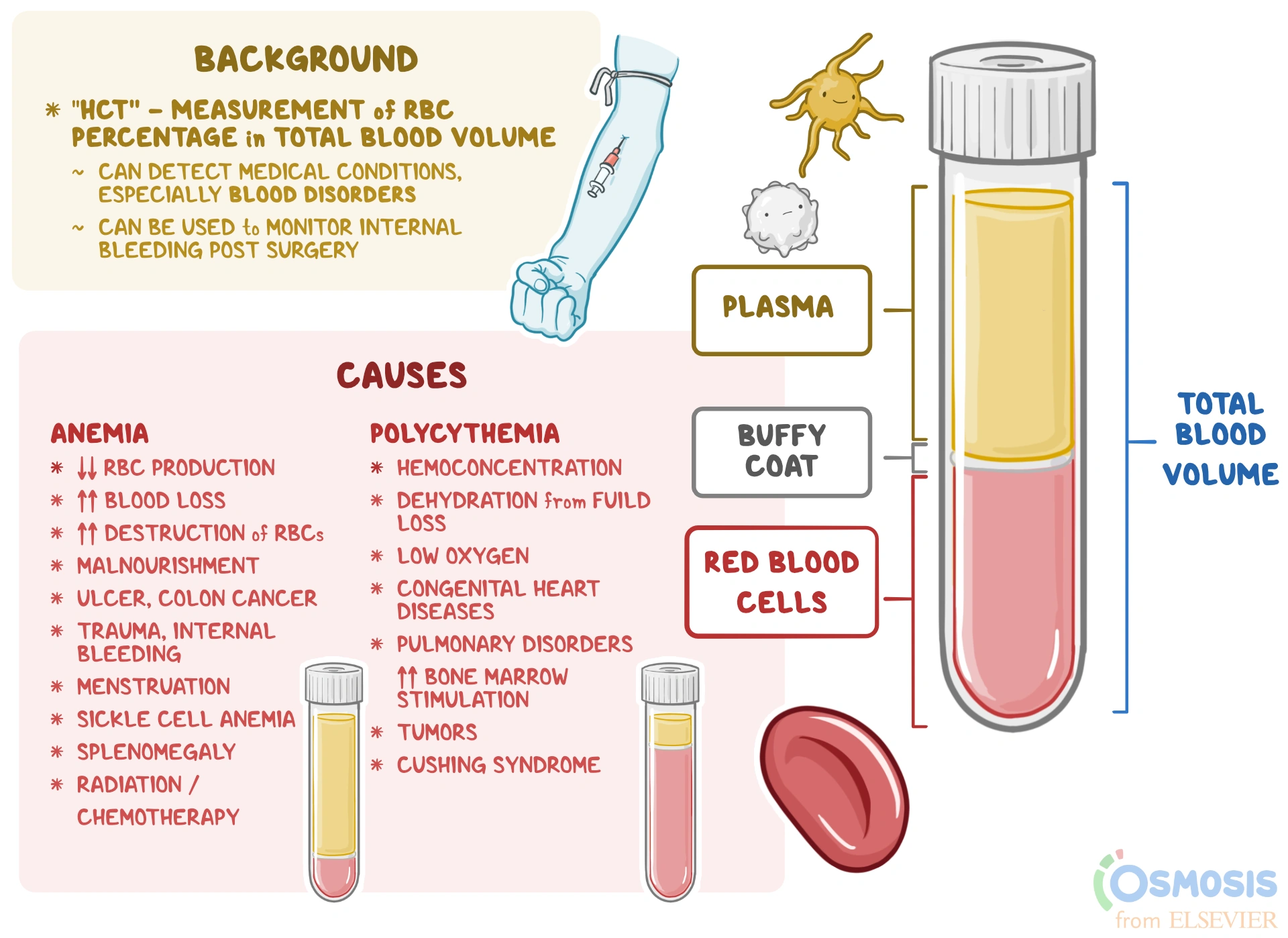


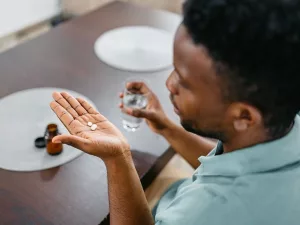


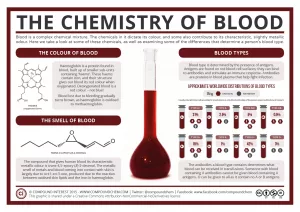





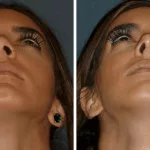
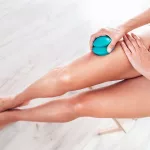
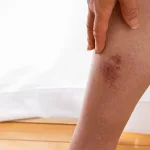





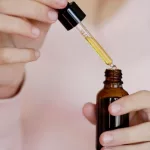



Leave a Reply
You must be logged in to post a comment.